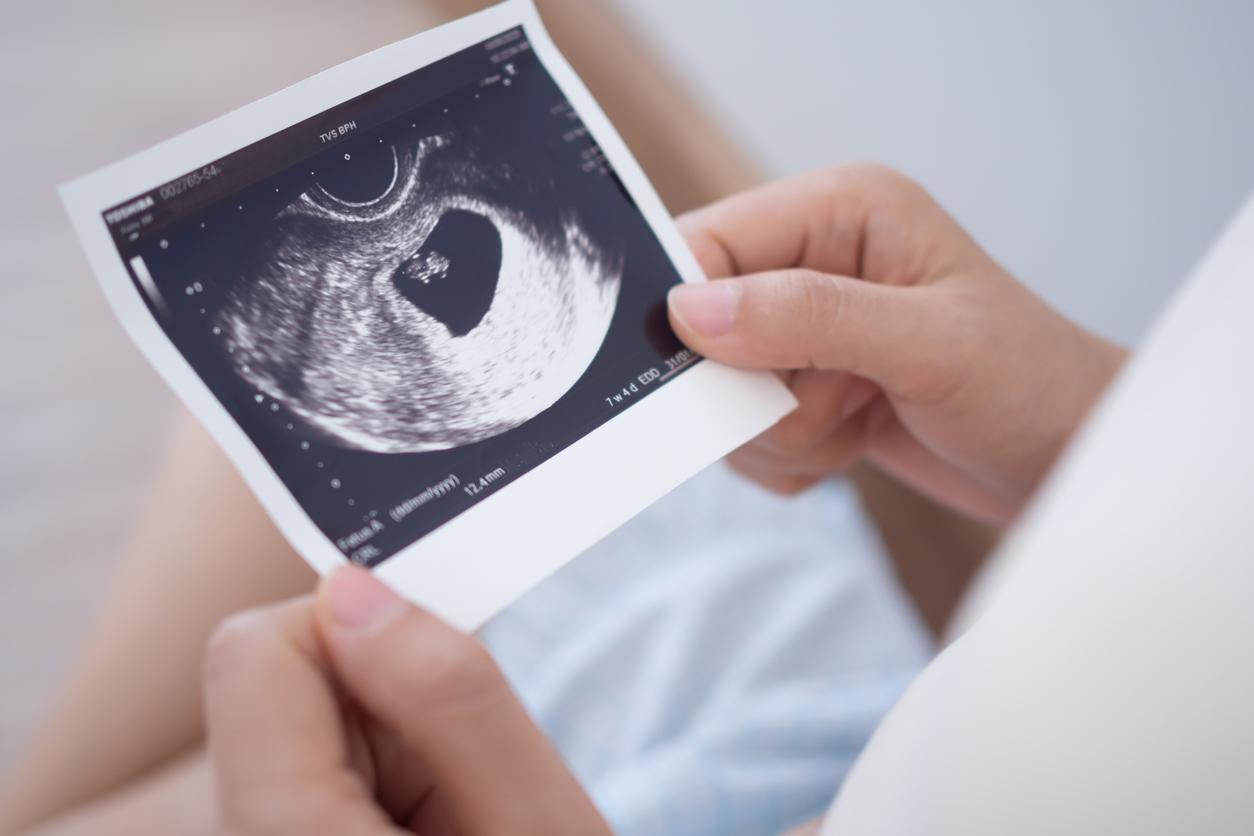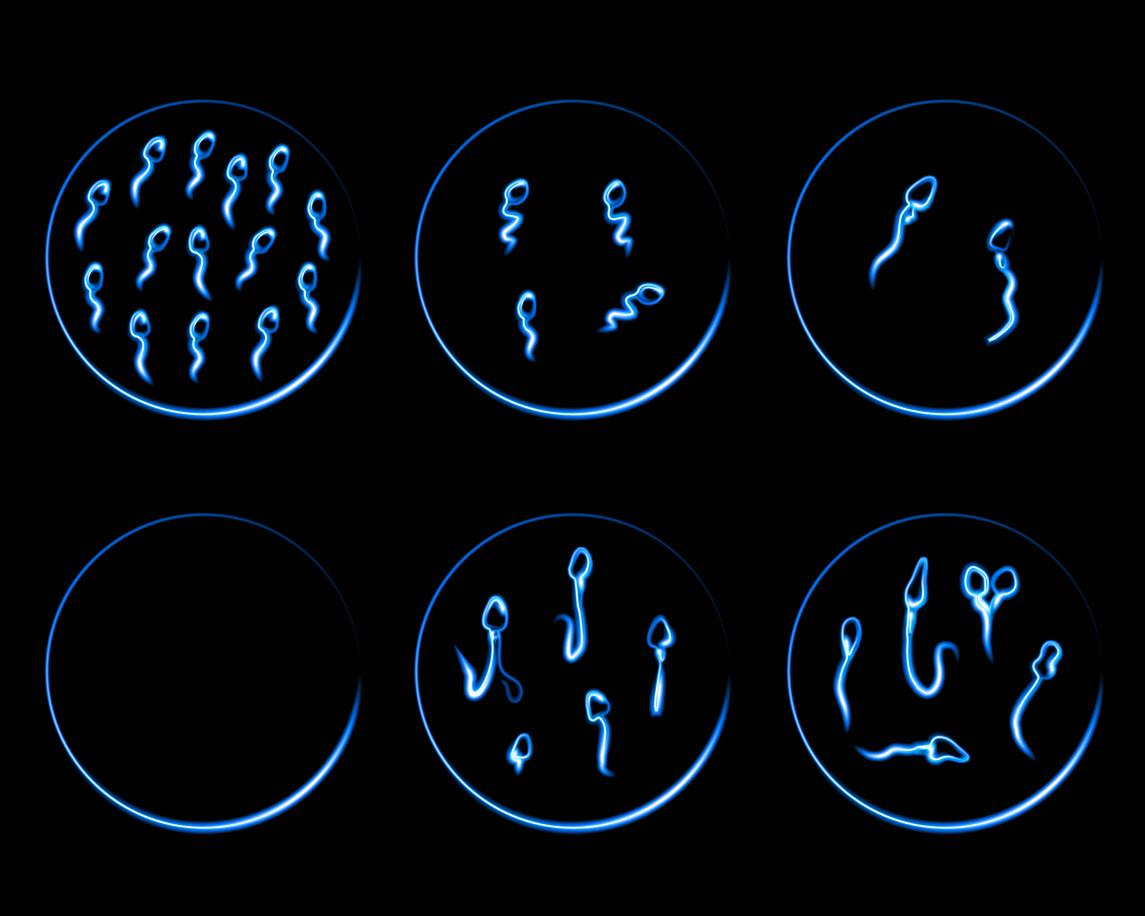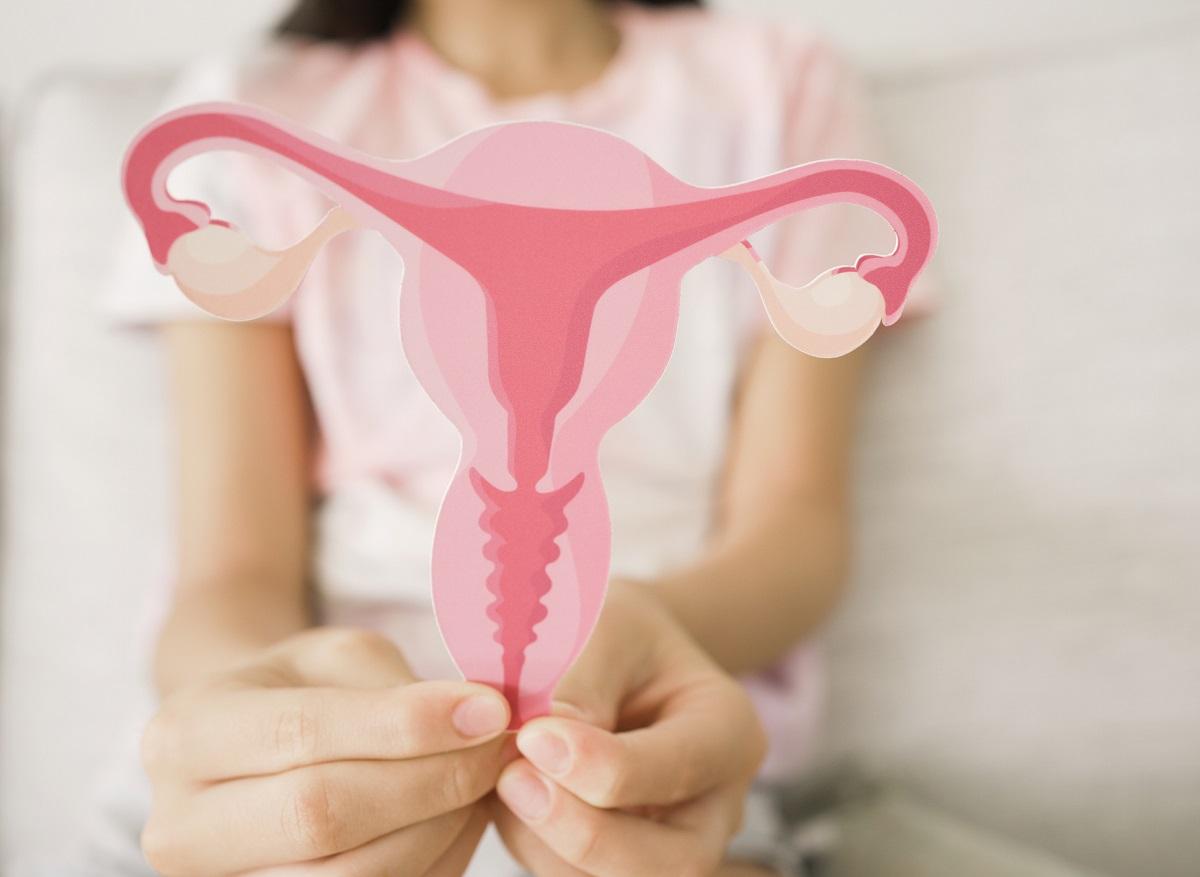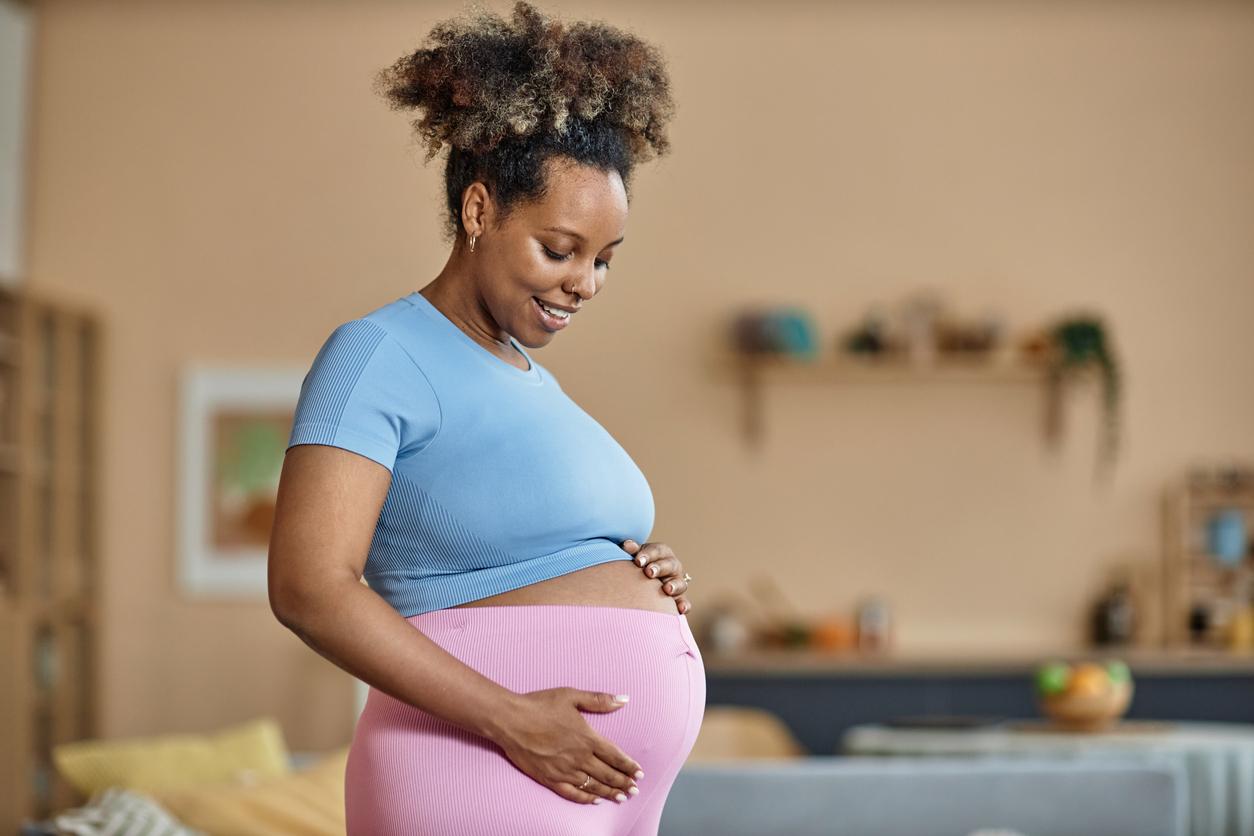Economic, medical, lifestyle and late desire for procreation reasons explain the decline in the number of children in several European countries.

The probability that a woman or woman today will not have children is twice as high as it was thirty years ago. The finding was made by the United Kingdom’s National Statistics Office (ONS). One in five Britons who turned forty-five last year had not had children, up from one in ten in the 1970s. Researchers also compared the reproductive rate of women born in 1967, with those born in 1940. Women born in 1940 had an average of 2.36 children while their daughters had only 1.91.
The reasons are above all sociological and economic. The ONS thus points to the increase in the cost of living, the drop in the number of marriages and the development of contraception. The phenomenon does not only concern women from across the Channel, the French had an average of 2.6 children after the Second World War, the rate fell to 1.8 in the early 1980s according to INSEE.
Behind sociological changes and economic crises, are there also medical reasons for this decline in fertility? Women have adopted, for example, the bad smoking habits of men. Thus, “in French women, the risk of death from lung cancer will exceed the risk of death from breast cancer in two or three years,” noted Catherine Hill of the epidemiological department of cancers at the Gustave Roussy Institute in 2012. Women are also more affected by obesity. According to the latest figures from the ObEpi survey, 15.7% of women were obese in France in 2012 against 14.3% for men.
So many risk factors for fertility … But for Dr Joelle Belaisch-Allart, head of the obstetrics and reproductive medicine department at the Quatre Villes hospital center in Sèvres (92), the number 1 enemy of fertility, it is age, whether for women as for men.
Listen to Dr Joelle Belaisch-Allart, reproduction department at the Quatre Villes hospital center in Sèvres. “ Age is the most important factor “.
The late desire for a child is a reality among women. Thus, the average age of the first child among French women did not even reach 24 years in 1970, whereas it rose to 28 years in 2012. However, age is rapidly reducing women’s fertility: the chances of pregnancy per cycle are 25% at 25 years, 12% at 35 years and 6% at 40 years. After 45 years, they are almost zero.
“It is for this reason that I am so campaigning for oocyte self-preservation,” argues Dr. Joelle Belaisch-Allart. This technique would allow women who want to have a child a little later to be able to use their self-preserved oocytes if they have difficulty getting pregnant. “
In addition, this fertility specialist emphasizes that late desire for a child also affects men. “Men are also experiencing an increase in infertility problems, linked to a decline in sperm quality due to age and possibly environmental pollution. “Without questioning changes in behavior, Joelle Belasich-Allart wants young couples to be better informed about the risks associated with age.
Listen to Dr Joelle Belaisch-Allart. “ Inform men and women that a couple’s fertility drops with age. “
X
.

















